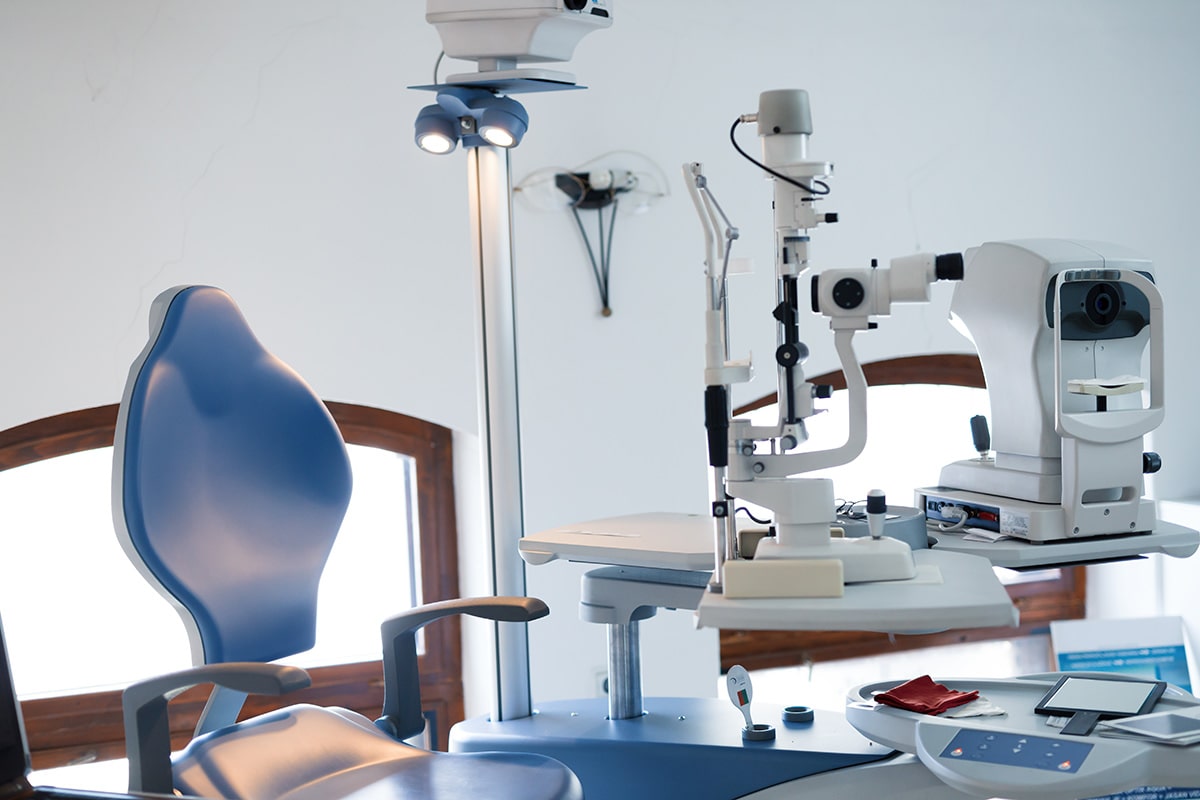Just like any procedure, Lasik requires a person to be in relatively good health before the treatment. Who qualifies for the treatment? Keep reading, and we will give you the details.
What makes a good Lasik candidate
A person over the age of 18 can have a Lasik procedure. One thing to remember is that your vision should be stable for at least two years before you have this treatment. It may be necessary to wait until your mid-twenties if you have problems with fluctuating vision or prescription changes every year. Women who are pregnant or nursing will want to wait until they get clearance from the family physician to have Lasik. Pregnant women have ever-changing hormones that cause eye fluctuations. Anyone who is breastfeeding will need their energy to care for the baby, and it may be harder to heal from Lasik before your baby turns one year old.
Other qualifications for Lasik
Normal corneas are important. Sometimes, people with thin or irregular corneas are better suited for a different laser vision treatment like PRK. A good Lasik candidate will not have problems with eye infections or injuries. Patients need to be free of eye diseases and issues like glaucoma, macular degeneration, and cataracts. If you have issues with amblyopia or excessively dry eyes, then you should always tell your Lasik provider. The health of your eyes and your general physical condition make a difference. If you have chronic health issues like diabetes, then Lasik may or may not be the best treatment.
Always inform your Columbus Lasik Vision provider of your general health, medications, physical activity, and hobbies to ensure they get a good picture of your lifestyle. Then you can decide together if this treatment is right for you or not.







